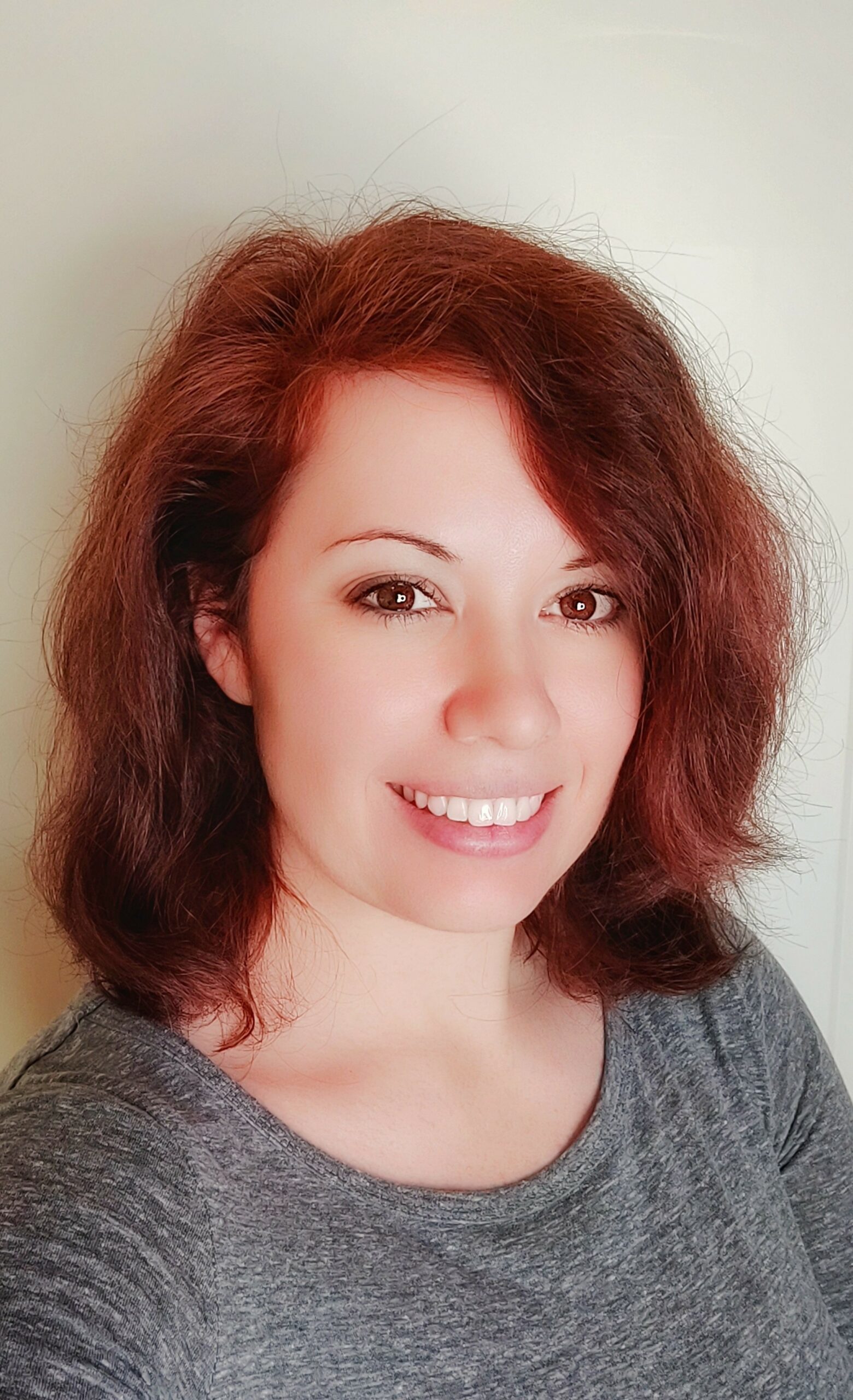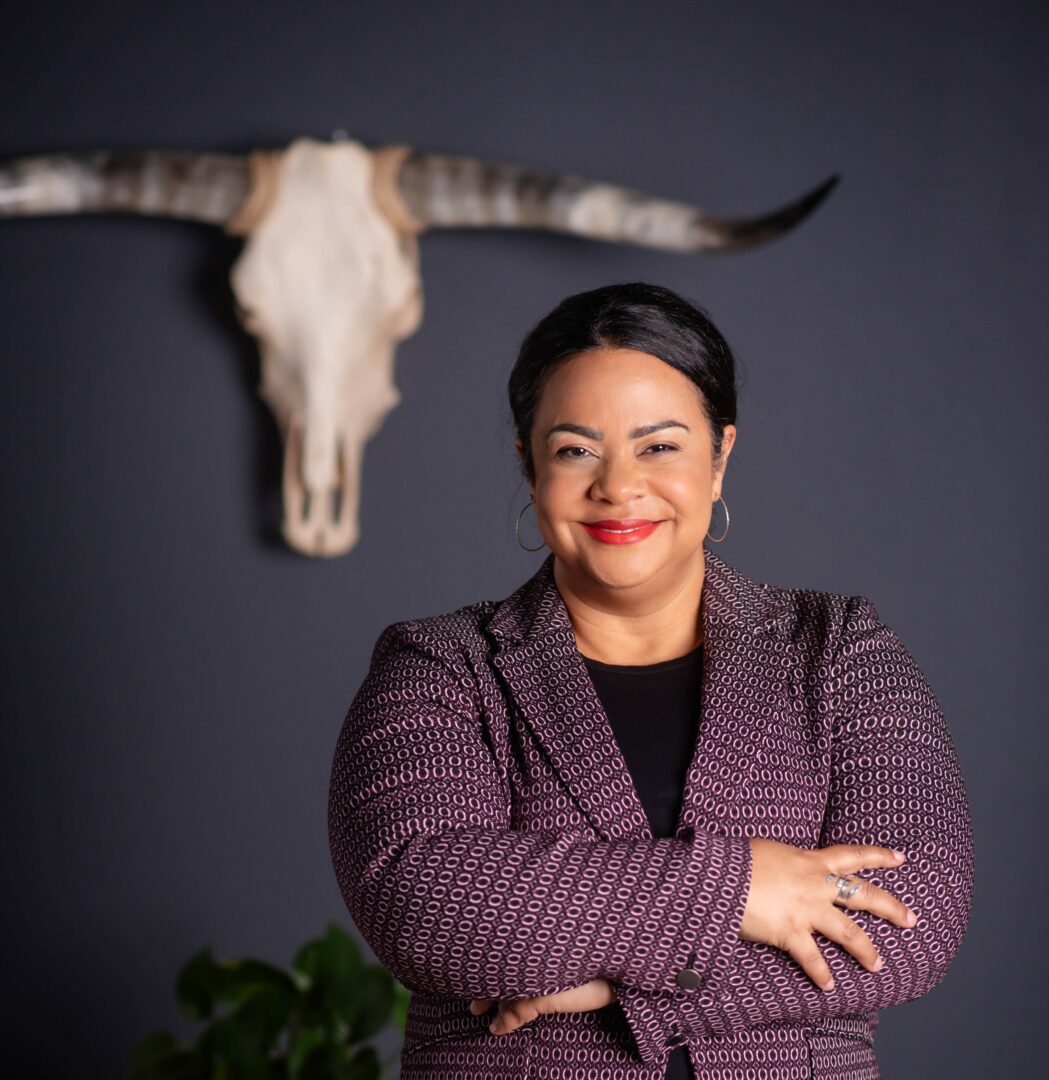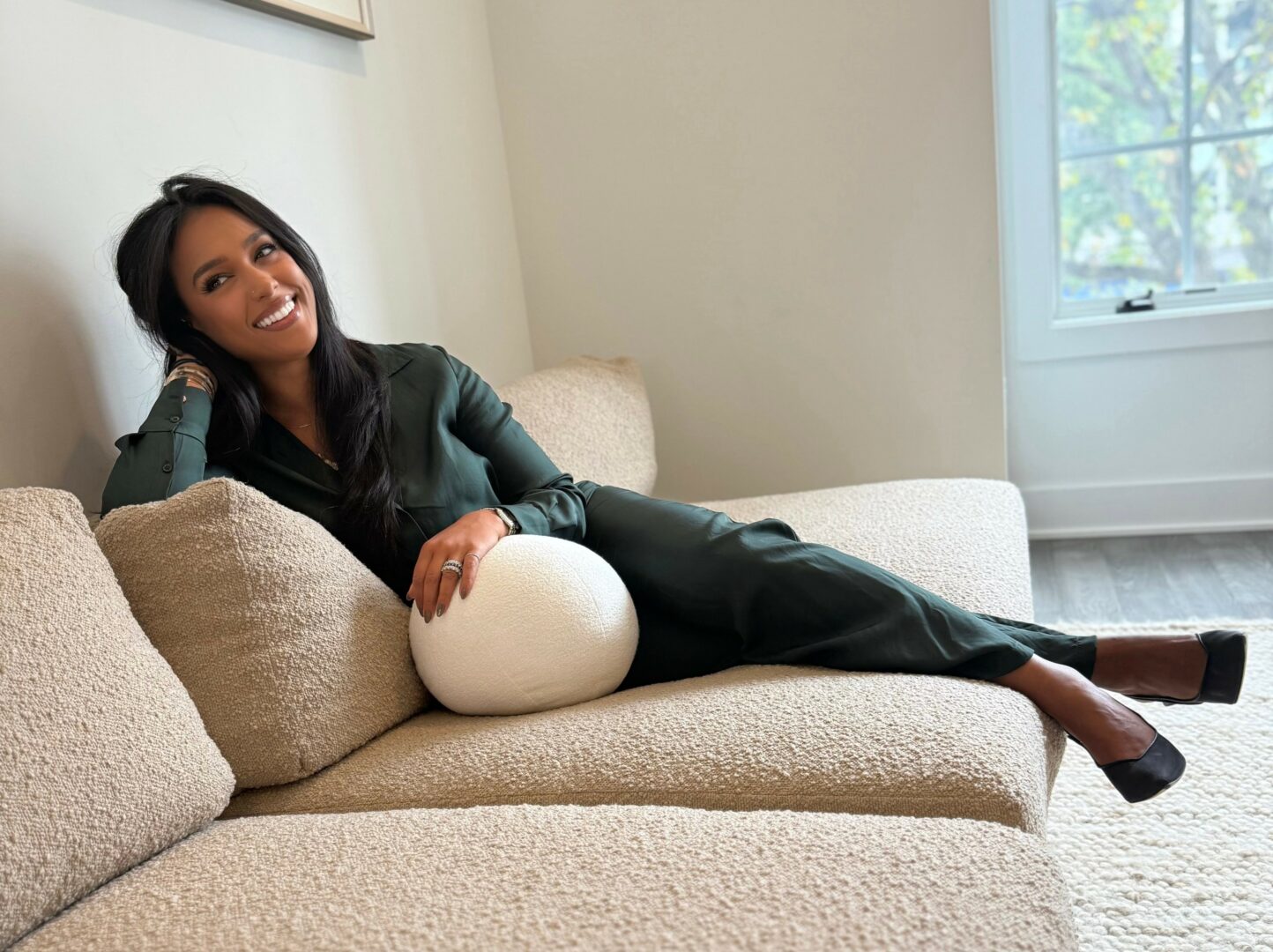We recently connected with Rebekah Meredith and have shared our conversation below.
Rebekah, we can’t begin to explain how much we appreciate you sharing about your PPD experience, but we can say that so many in our community are suffering from or have suffered from postpartum issues including postpartum depression and so you sharing your story and how you overcame it might help someone who is going through it right now or in the future. What can you share with us about how you overcame PPD? For readers, please note this is not medical advice, we are not doctors, you should always consult professionals for advice and that this is merely one person sharing their story and experience.
Facing postpartum depression was like watching myself being ripped apart, sewn together, and then ripped again over and over. It hit me hard and fast immediately after my son was born. I remember sitting emptily, getting through my day on autopilot, randomly collapsing from overwhelm, and crying for hours. I did everything in my power to overcome it.
Exercising was, and still is, a challenge due to the complicated delivery. It helped, but only for a few short hours. I got eight hours of sleep, but it was usually broken up over 48 hours for at least two years. Attempting to enjoy hobbies was an unenjoyable chore. And talking to a therapist was out of the question due to fear. You see when my son was born, I was terrified of him being taken away from me. When he was born and I was evaluated for PPD, a social worker stopped by and, in a nutshell, told me to shape up or they’d take him away. So for years, I went on with untreated PPD.
When my son turned one, I looked back at the pictures I had taken of him and cried even harder for the lost time and memories. I’m grateful every day for the pictures I took, but it woke me up to the fact that I was robbed of enjoying his first year of life. Usually, they say not to isolate yourself to help with your mental health, but this was happening during the pandemic. Isolation was all that was going on.
One of the things that kept me going during that first year of his life was having a purpose for myself. I was focusing on my bachelor’s degree in Psychology at the time. Having access to resources on abnormal psychology (the study of abnormal behavior, PPD included) and developmental psychology (the study of how and why humans grow, change, and adapt across the course of their lives) helped me by allowing me to logically see what my mind and body, and even my son’s mind and body, was going through, how it was affecting me, and why. Since then, I’ve been obsessed with taking on every challenge by asking how and why.
I would love to say that something beautiful like nursing my son and bonding with him helped, but it didn’t. After I graduated college with Magna cum Laude honors, my son being a year old at this point, it felt like my purpose for doing something productive was gone. But thanks to student loans, I had another stressor that reared PPD back in full swing. Being a single-income family and not being able to afford daycare, my husband suggested I start a blog. While that was great at the time, I found a new purpose building in me from writing. It was sharing stories to help other people.
Through storytelling, I was able to reconnect with myself and, in turn, form a deeper bond with my son and my husband. At the end of the day, finding my purpose and what fills my cup helped me overcome my PPD, and I wouldn’t have been able to get there without the support of my husband or the fact that I was able to logically parent and raise an emotionally strong child while I was at my lowest mentally.
It’s refreshing to see that despite the dark time, I was able to teach my son how to process his big emotions in his toddler years.
Great, so let’s take a few minutes and cover your story. What should folks know about you and what you do?
After going through the worst of Postpartum Depression, my story started to unfold as I reconnected with one of my passions. It started during my final semester of college during a class about memory. We were asked to tap into our oldest memory, and mine was about reading a pile of books bigger than my 3-year-old self on a rug. I was obsessed with the stories in my books and told myself I would write stories someday. I’m so grateful I reconnected with that because as much as I loved medical studies, the medical field wasn’t for me.
Ironically, shortly thereafter, I saw an interesting post about ghostwriting and submerged myself in it before graduating. Ghostwriting opened a door to the world of words I was meant to explore. But there was still a disconnect I couldn’t put my finger on. My mentor then pointed me toward copywriting, and after my first webinar, I was blown away by the fact that I could help even more people with their stories in a way that sang to my heart. It wasn’t long before I found my online posse and got certified. But copywriting alone wasn’t enough. I knew there needed to be more to put together effective storytelling, so that’s when I submerged myself even more into brand marketing and SEO (search engine optimization). With some experimenting, I combined direct response copywriting with brand marketing and on-page SEO writing. This formed the foundation for how I serve my clients.
Is it a lot? Yes.
But the most common problem I saw from people who hired a copywriter was that something missed the mark, and it wasn’t just empathy.
I started to call myself “The Peculiar Writer” because of my almost holistic approach to copywriting and marketing. It involves psychology and actually knowing people, not just what you assume of them. By actively listening to the needs of my clients and their customers, I capture their truth and use it to make a strategy to ideate and formulate what needs to be said. If I write something for a client, I don’t want the copy or content to fall on deaf ears (or eyes in this case). Thanks to this, my copy and content have helped my clients build a more engaging audience, get higher conversions, and inspire more meaningful action to serve their customers better.
Moreover, I consider my brand peculiar because while I love helping business owners, especially mom entrepreneurs, I want my brand to show other moms that it is okay to not have everything together and that you can thrive with a little chaos. Heck, I’m a full-time mom who homeschools and works from home with her kiddo.
I’m peculiar not just because of my approach but because I’m a mom who refuses to miss core memories with her child. It is possible to do everything you want, but you have to honor the season of life you’re in at this point. I know with this current season, I’m focused on providing email and content marketing to my clientele by using their stories to sell. This is mostly because I want to understand where holes in their marketing may be and how to fix them. Besides, everyone has a story in them. You just need the right prompts and skills to draw it out and turn it into something amazing. Stories are how humans connect and support each other.
In the next year or so, I do plan on launching a community with resources, support, and maybe, networking for other moms who need help navigating life and business without a village. I don’t have all the details yet, but I hope to apply my knowledge and experiences to give other moms the support I wish I had when I was overcoming PPD while starting a new chapter of life. For now, I share little insights on marketing and mom-entrepreneur life with my email list. I always invite others to embrace their eccentric traits and thrive in not just what lights them up but what makes logical sense. I would love to have you there.
Looking back, what do you think were the three qualities, skills, or areas of knowledge that were most impactful in your journey? What advice do you have for folks who are early in their journey in terms of how they can best develop or improve on these?
Hands down, my top area of knowledge is psychology. I did get a degree in it, however, there are so many books and free academic articles on psychology that anyone has access to. The trick is finding what is credible and what applies. Psychology not only helps with understanding the human mind, but it also helps in so many other areas, like parenting and marketing. I wouldn’t be the mom or writer I am today without it.
Secondly, I recommend everyone to find their favorite story, be it from a book, movie, video game, etc. Understand it, dissect it, and see which parts moved you most. Hollywood stories are huge hits for a reason. There is a quote by Christopher Hitchens that says, “Everyone has a book inside them, which is exactly where it should, I think, in most cases, remain.” I do agree that not every story should be a book. Any story, however, has its place in certain mediums. These can be blogs, forums, art, or even in your own business. The important thing is to take a relevant story and connect it to what you are trying to say. Focus on one thing and go with it.
Lastly, you need compassion. Show yourself compassion first by honoring yourself and where you are. You still need tough love from time to time, but once you start showing yourself compassion, you will be able to genuinely share it with others.
What do you do when you feel overwhelmed? Any advice or strategies?
When I feel overwhelmed, the first thing I do is pause and take a few deep belly breaths. It literally takes less than a minute to do and helps me ground myself. What I do next depends on my day, so I look at my calendar and see if I have anything urgent or anything that can be moved around. As a solo entrepreneur, unfortunately, things slow down from time to time, but by grounding myself and checking in with my mind and body, I’m able to pick back up.
I’m also realistic with my goals and set boundaries to avoid overwhelm. For instance, I only take client calls on certain days and will close my office door after my husband gets home from his day job. This tells my family I am going into deep flow work mode. Sometimes, my boundaries include dedicating self-care time because it is essential for recharging and maintaining sanity.
Even though I work great under pressure, prolonged stress will cause me to burn out, and we try to avoid that. So I set 3 important tasks I have to do every day. This could be a part of a client project, something for my own business, or running errands. I try to fit hobbies, like reading and video games into my day, but it’s sometimes not realistic.
The other thing that helps me when I’m overwhelmed is to ask myself what am I grateful for. This is a strategy I recently learned about, and this helps me check in with the progress I’ve made in my life. It’s like cleaning out the mental junk from overwhelm to make space for creativity and new ideas.
Lastly, I do what I can to prevent overwhelm in the first place, like exercising every day, having downtime, journalling, meditating for 10 minutes, and leaning on my support system.
Adopting these strategies doesn’t mean I never feel overwhelmed, but they have equipped me with a toolkit to manage stress more effectively, allowing me to thrive both as a mom and an entrepreneur.
Contact Info:
- Instagram: https://www.instagram.com/thepeculiarwriter/
- Facebook: https://www.facebook.com/rmeredithcreative/
- Linkedin: https://www.linkedin.com/in/rebekah-meredith-creative/
- Other: Join my email list and get a free list of tools you can use to enhance your copy: https://peculiarwriter.ck.page/starthere
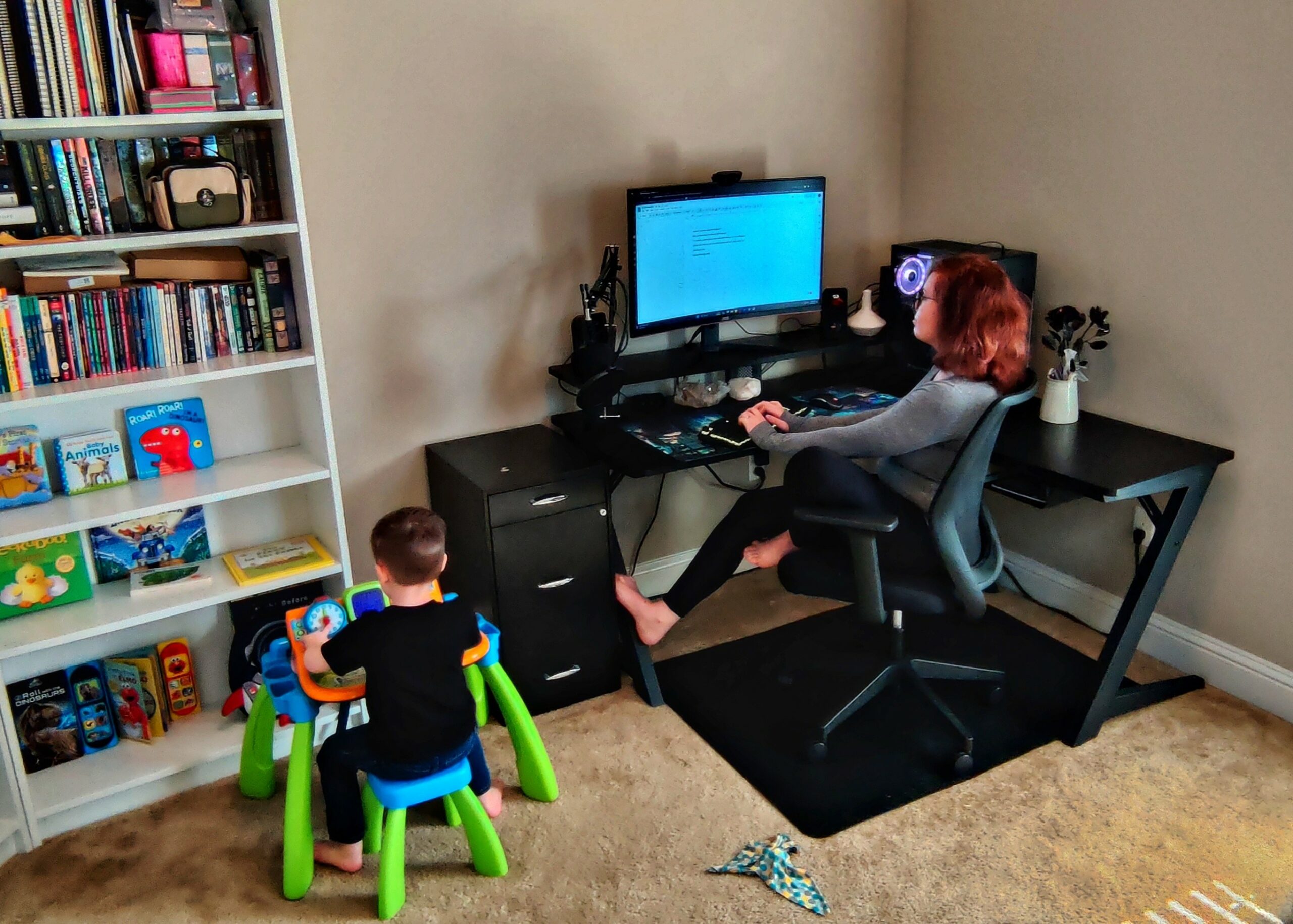
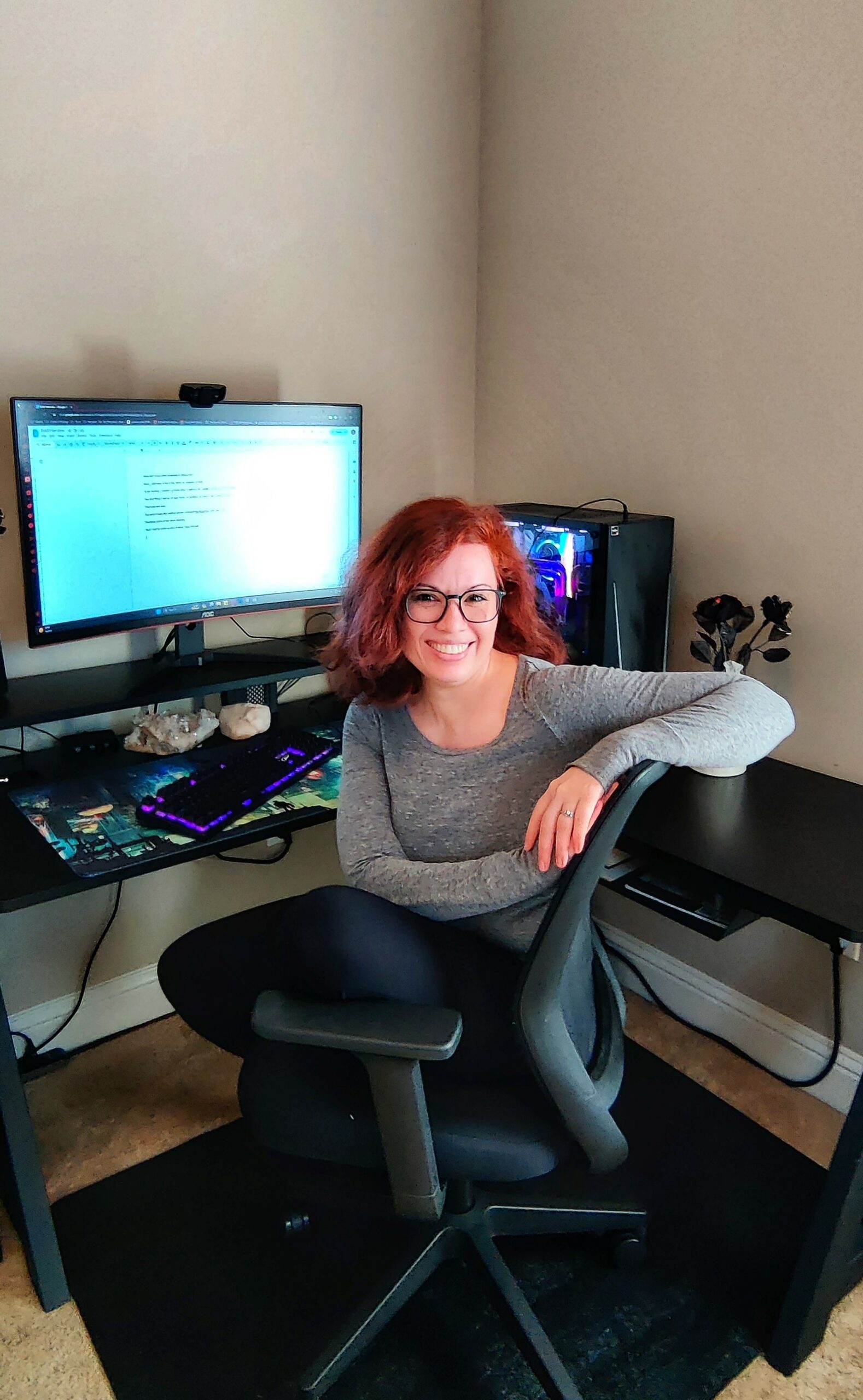
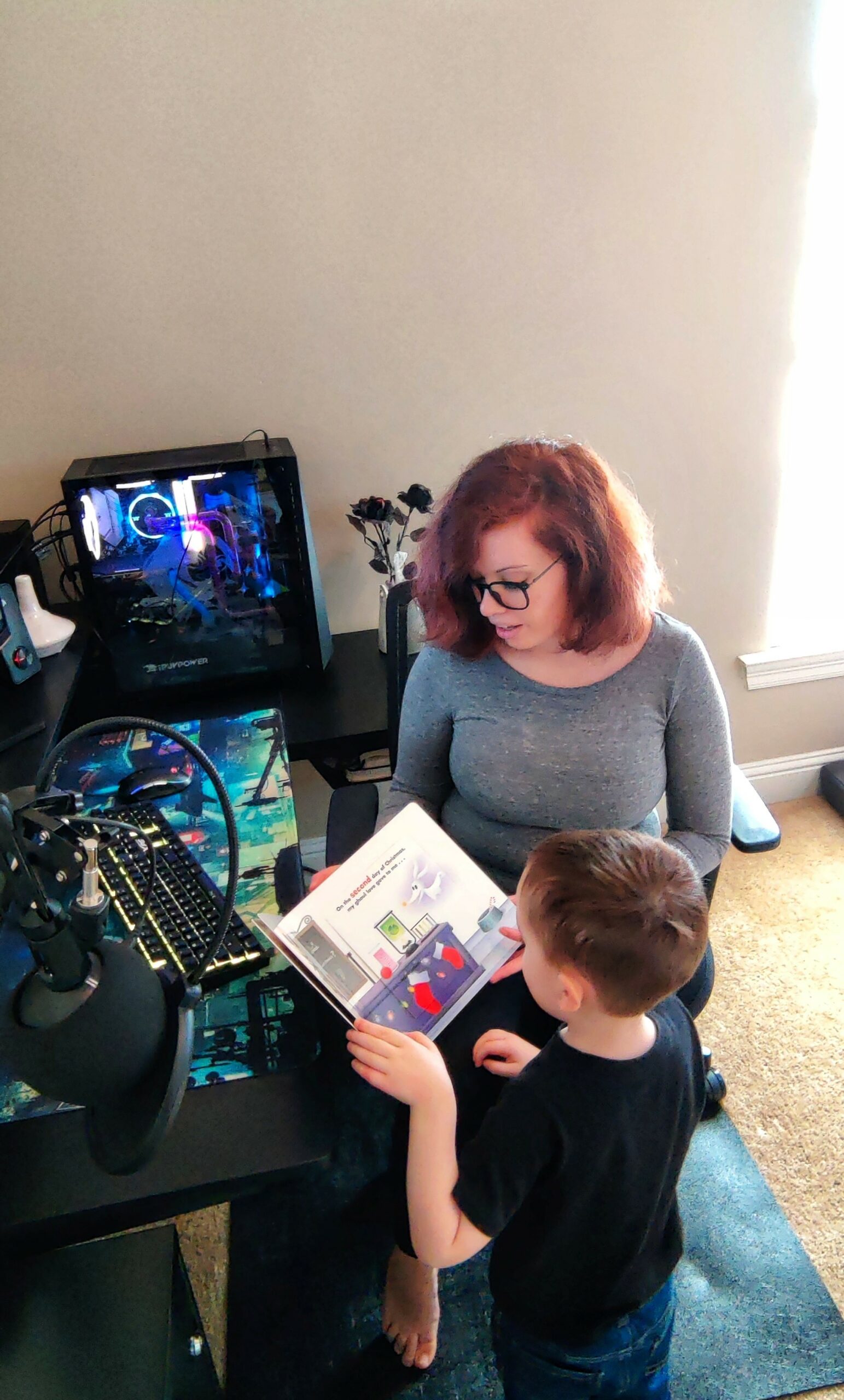
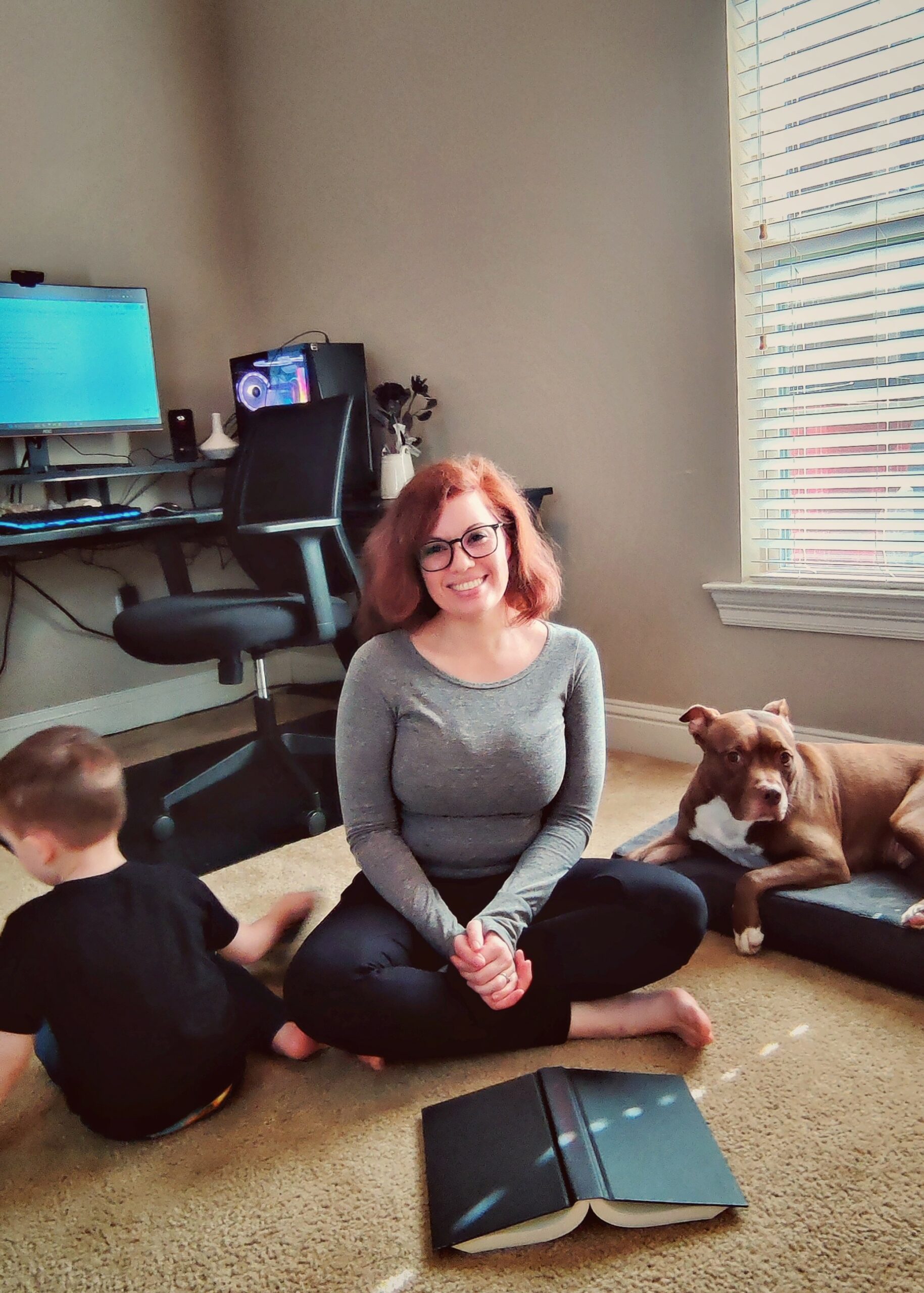
Image Credits
All picture credits go to my dear husband who did his best to help me take some halfway decent pictures of myself.

